Japan to proceed with missile deployment on Yonaguni amid growing China tensions
Japan’s Defence Minister Shinjiro Koizumi confirmed that Tokyo will move ahead with plans to deploy surface-to-air missiles on Yonaguni, despite Beijing’s objections. The island, located just 110km from Taiwan, is seen as a strategic site amid rising regional tensions.
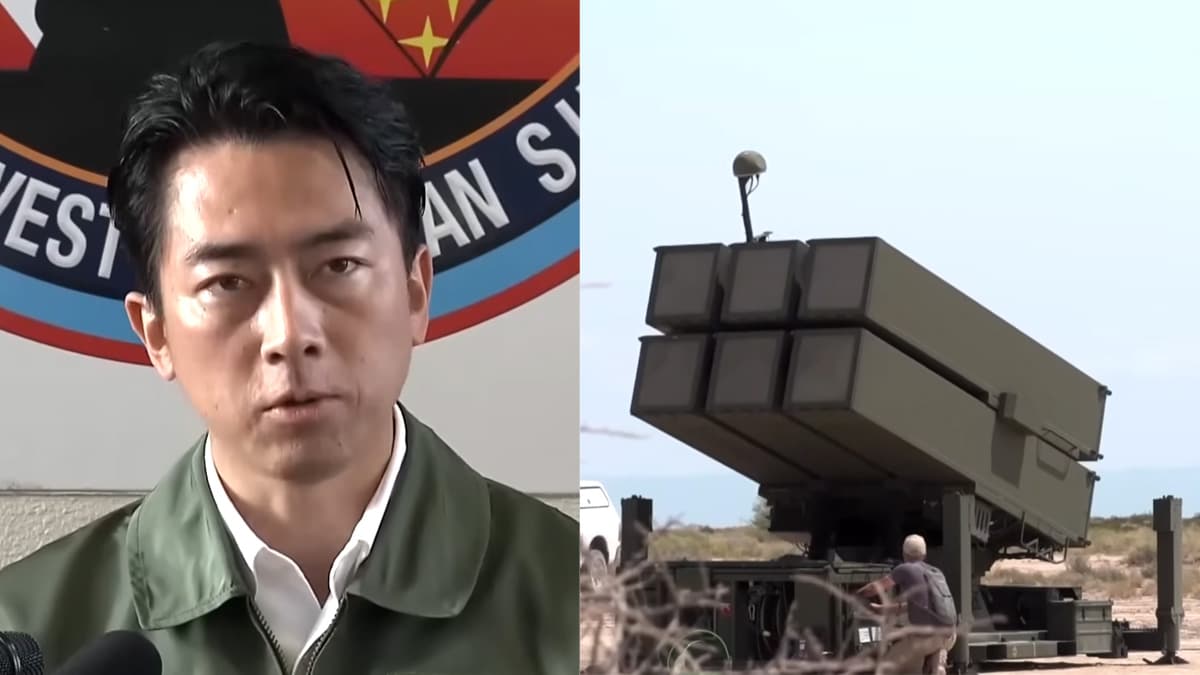
- Defence Minister Shinjiro Koizumi confirmed Japan will deploy missiles on Yonaguni island.
- The move follows growing regional tensions and proximity to Taiwan.
- China criticised the deployment as provocative, while Taiwan welcomed it as a stabilising measure.
Japan will move ahead with its plans to deploy surface-to-air missiles on the island of Yonaguni, Defence Minister Shinjiro Koizumi confirmed on Sunday (23 Nov), as Tokyo strengthens its defences in response to growing tensions with China over Taiwan.
Speaking at the end of his first visit to the island, Koizumi said, “The deployment can help lower the chance of an armed attack on our country,” dismissing criticisms that the move would inflame regional tensions.
Located about 110km east of Taiwan, Yonaguni is Japan’s westernmost inhabited island and a key surveillance outpost near any potential conflict in the Taiwan Strait. The decision to station Type 03 Chu-SAM missiles there reflects Japan’s growing concern over China’s military expansion.
Former Defence Minister Gen Nakatani had initially proposed the deployment in January, though little progress followed. The Type 03 Chu-SAM system, mounted on trucks, is designed to intercept air threats at ranges up to 48km.
Koizumi clarified that while the deployment plan was ongoing, finalised details would be shared with Yonaguni's local government and residents before implementation.
The missile placement is part of a broader Japanese military build-up across the southern island chain, aimed at boosting deterrence in an increasingly volatile regional environment. China has stepped up military activity around Taiwan in recent years, raising concerns in Tokyo about the spillover effects of a potential cross-strait conflict.
During major drills launched by Beijing in August 2022 in response to a visit to Taiwan by then-US House Speaker Nancy Pelosi, Chinese ballistic missiles landed in waters just south of Yonaguni, highlighting the island’s proximity to any confrontation.
Concerns in Japan have been further fuelled by recent remarks from Prime Minister Sanae Takaichi. On 7 November, she suggested that Japan could theoretically join a multinational military response if China attacked Taiwan. Beijing responded angrily, issuing economic retaliation and demanding a retraction.
Although Takaichi later reaffirmed Japan’s longstanding policy of not speculating on military scenarios, China has continued to criticise her remarks. A Japanese government official described China’s interpretation of the comments as “entirely baseless”.
Asked about the potential effects of a Taiwan crisis on Yonaguni, Koizumi declined to comment on hypothetical scenarios.
Before visiting Yonaguni, Koizumi toured military bases on the nearby islands of Ishigaki and Miyako. Ishigaki hosts anti-ship missile units, while Miyako serves as a centre for air surveillance and ammunition storage. These islands, like Yonaguni, form part of Japan’s Ryukyu island chain and are positioned strategically between the main Japanese islands and Taiwan.
Yonaguni, though a known scuba diving destination and tourist spot, also plays a critical military role. It houses an electronic warfare unit and a radar surveillance station scanning adjacent waters and airspace. The unit installed last year is designed to jam enemy communications and navigation systems.
Earlier this month, the US military conducted a training exercise that simulated the rapid transport of supplies from Okinawa to Yonaguni, underscoring the island’s role in any future contingency planning. The exercise mirrored efforts to establish a forward-operating base in a crisis.
Koizumi, during his visit, told Yonaguni’s mayor that Japan must strengthen deterrence by enhancing its own capabilities and working more closely with the US military.
“Today, Japan faces the most severe and complex security environment since the end of World War II,” he said. “To protect the peaceful livelihoods of the Japanese people — including everyone here on Yonaguni — we must strengthen the Self-Defense Forces’ capabilities.”
China strongly condemned the missile deployment plans. At a press conference on 24 November, Chinese Foreign Ministry spokeswoman Mao Ning accused Japan of deliberately increasing tensions and promoting military confrontation.
“Coupled with Prime Minister Sanae Takaichi’s erroneous remarks on Taiwan, this trend is extremely dangerous, and warrants high vigilance from neighbouring countries and the international community,” Mao stated.
In contrast, Taiwan expressed support for the Japanese initiative. Deputy Foreign Minister Francois Wu said the move would bolster security in the Taiwan Strait and help maintain peace.
“Japan is a sovereign country and it has the right to do everything necessary to protect the security of its own territory, as long as such actions do not threaten other countries,” Wu said.
He added that Japan’s move aligns with Taiwan’s interests and that both countries, sharing democratic values, would continue cooperation in maintaining regional stability.
Wu also addressed reports that the US China Economic and Security Review Commission had recommended Taiwan help fund the upgrading of US bases in the Philippines. He clarified that while the proposal exists, it remains a suggestion and open to discussion.


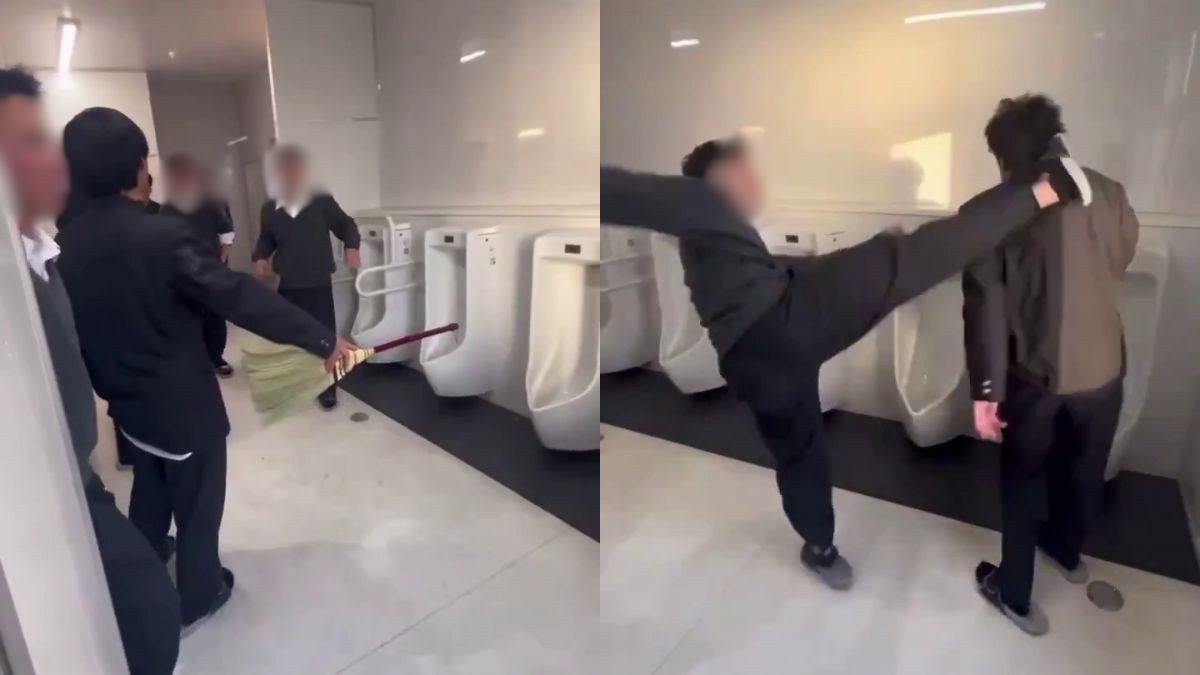
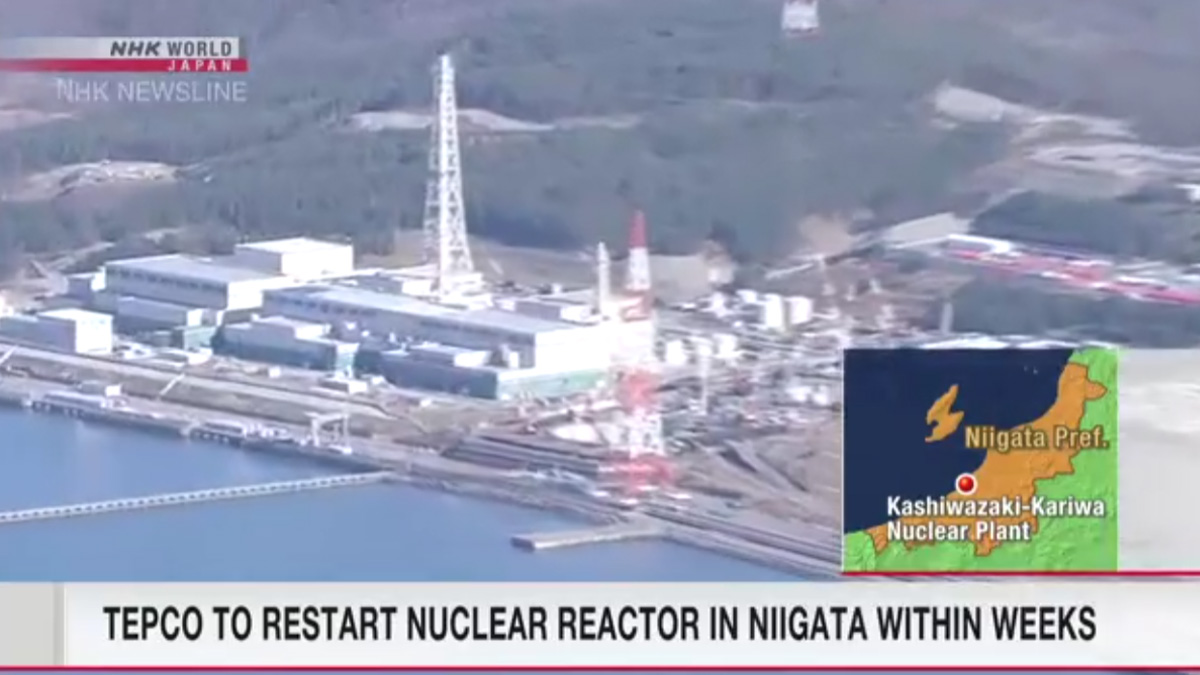
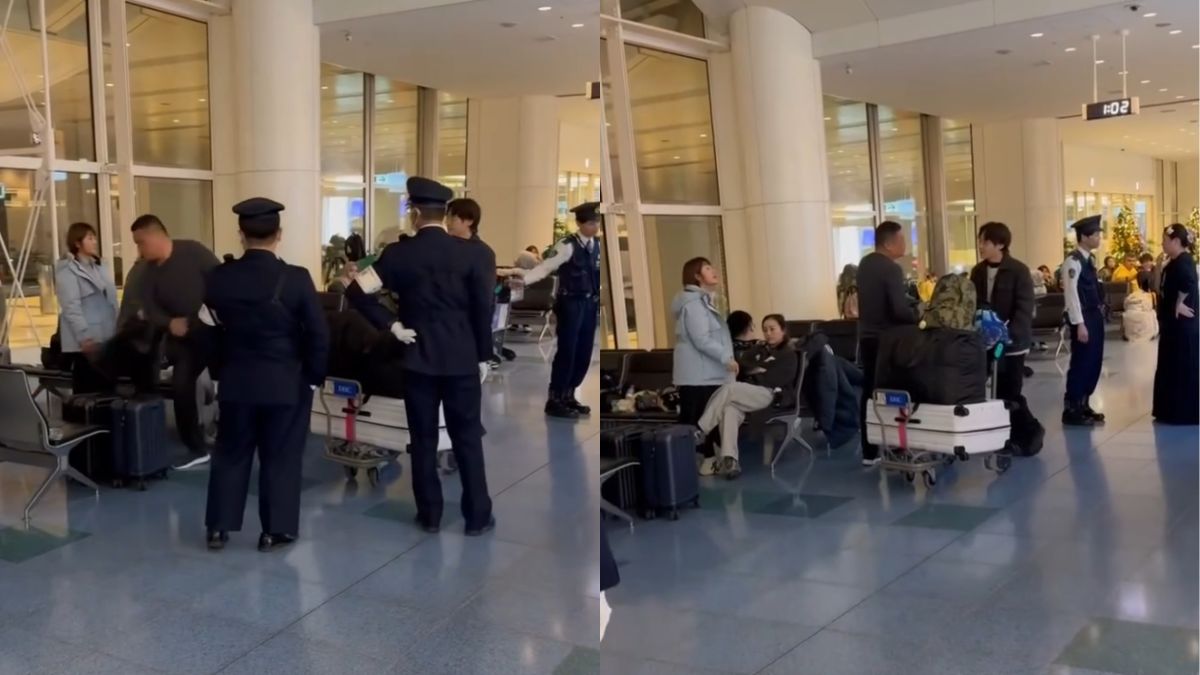
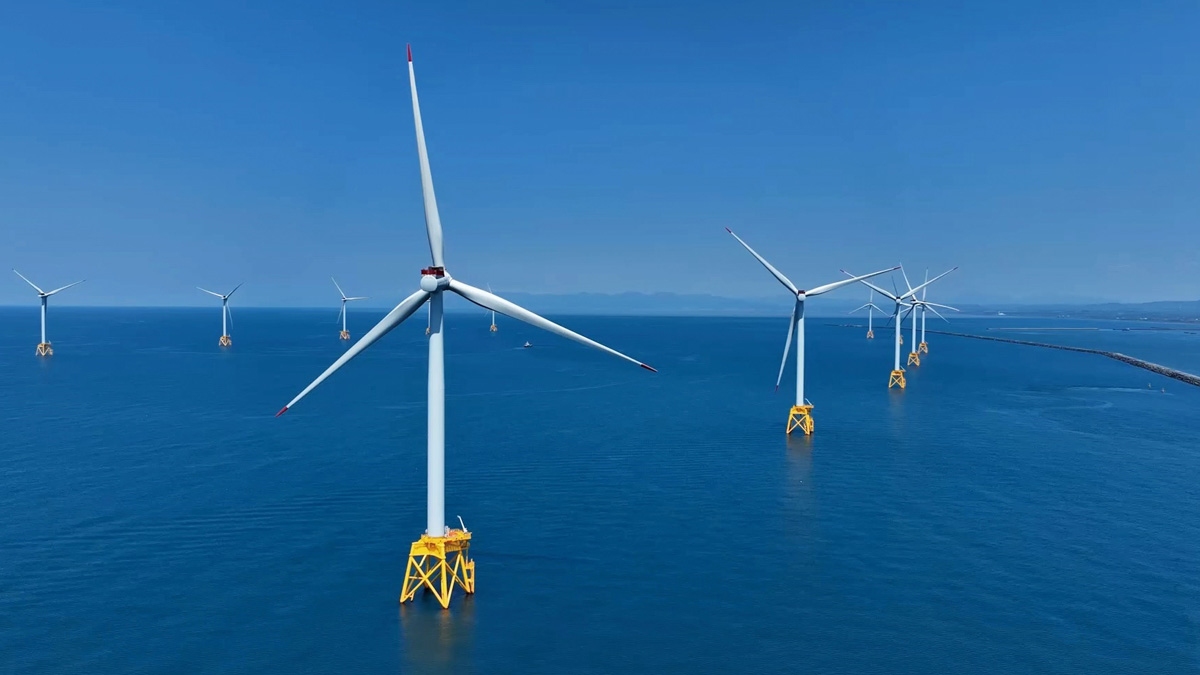

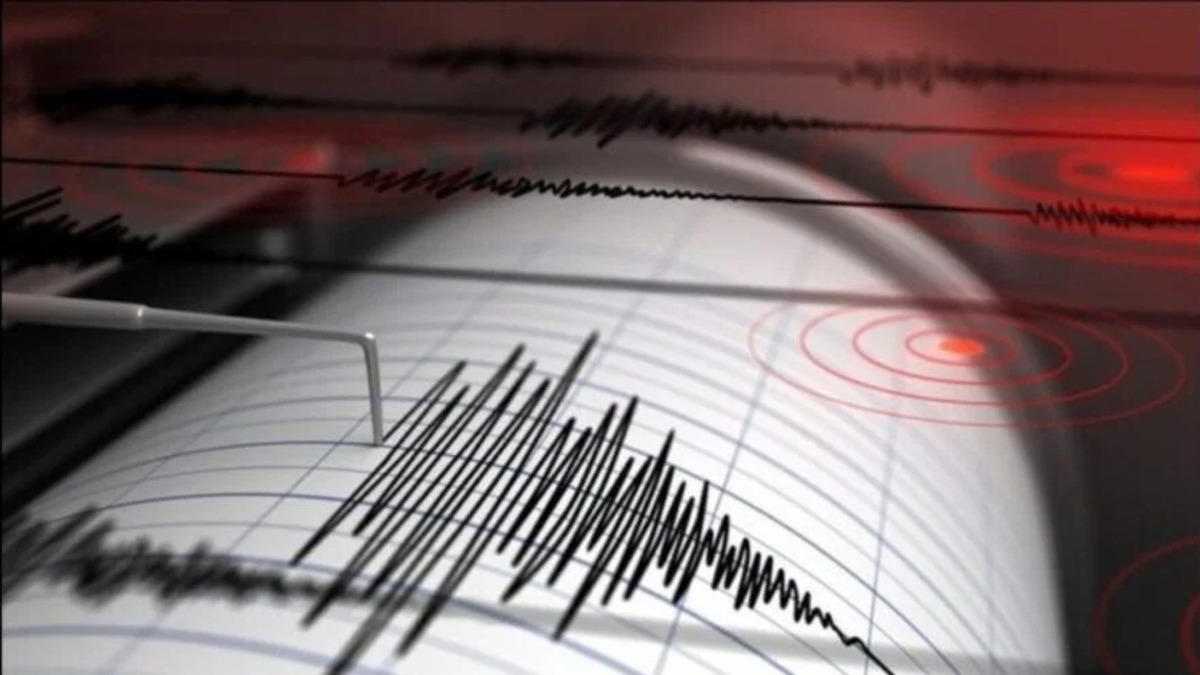
0 Comments